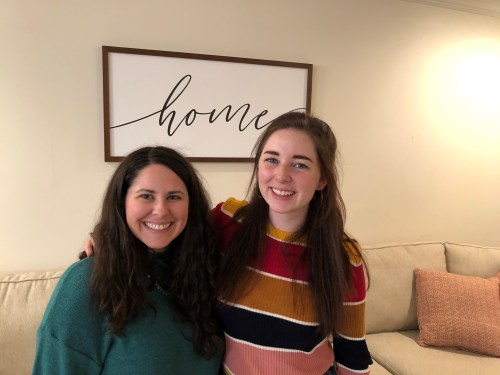 I read twenty-five books in 2017, another twenty-five in 2018, and another twenty-five in 2019. I share that with the pride that comes from the rarity of setting a long-term goal and sticking to it. My goal was another twenty-five in 2020 to make it an even hundred in four years, but much to my surprise I am already through twenty in just half a year, so the odds are in my favor.
I read twenty-five books in 2017, another twenty-five in 2018, and another twenty-five in 2019. I share that with the pride that comes from the rarity of setting a long-term goal and sticking to it. My goal was another twenty-five in 2020 to make it an even hundred in four years, but much to my surprise I am already through twenty in just half a year, so the odds are in my favor.
It isn’t that work has even hinted at letting up. Instead, this sudden reading feast appears to be a combination of no evening events to attend, no sports to follow on television, and a persistent need to escape the present circumstances. I am reading constantly.
Book number twenty was The Autobiography of Miss Jane Pittman. Years ago, while living in Ocean Springs, Mississippi, my friend, Bruno, gave me a copy of A Lesson Before Dying by Ernest J. Gaines, one of those novels that crawls into your heart and builds a nest. Last Christmas, while stocking up on used books at McKays with my family, I couldn’t pass up a copy of Gaines’s Miss Pittman. However, it sat in a stack for the first several months of 2020, but as enduring racism claimed global attention alongside the raging pandemic, it seemed like the time to read this particular story.
The stunning plotline of the novel is the reflection of a 100+ year old woman whose life stretched from the 1860s to the 1960s, from birth into slavery through a life of unrelenting white supremacy and into the pain of the Civil Rights era. Alice Walker described it as “grand, robust, a rich and very big novel,” to which I add a humble Amen.
As I read the frustrating, humiliating, yet strong and courageous journey of the novel’s heroine, given the time in which I was reading I thought of decade after decade of so many thinking that the American Civil War ended something that it did not. And one does not even have to try very hard to connect the dots and recognize that the American Civil Rights Movement was not a finish line either.
It is shameful that we had to argue over such an innocuous phrase, Black Lives Matter. I guess that shows how deep-seated racism actually is.
Miss Jane Pittman is technically a fictional character, but of course she was oh so real. It occurred to me that many more Miss Pittmans were born in the 1960s and are now over halfway through another century’s journey. I wish their story was less painful than it is, but I have seen them on the television mourning the loss of their children, too.
I am thankful to Mr. Gaines for introducing me to Miss Pittman and teaching me that even being shown and told that one does not fully matter for over a hundred years is impotent compared to the capacity of the human spirit. May such extraordinary fortitude be rewarded in the lives of real people.






